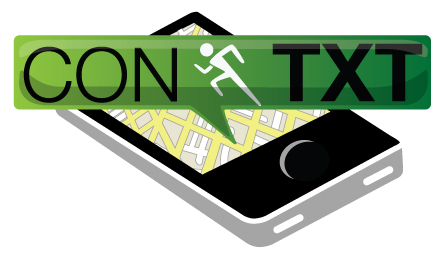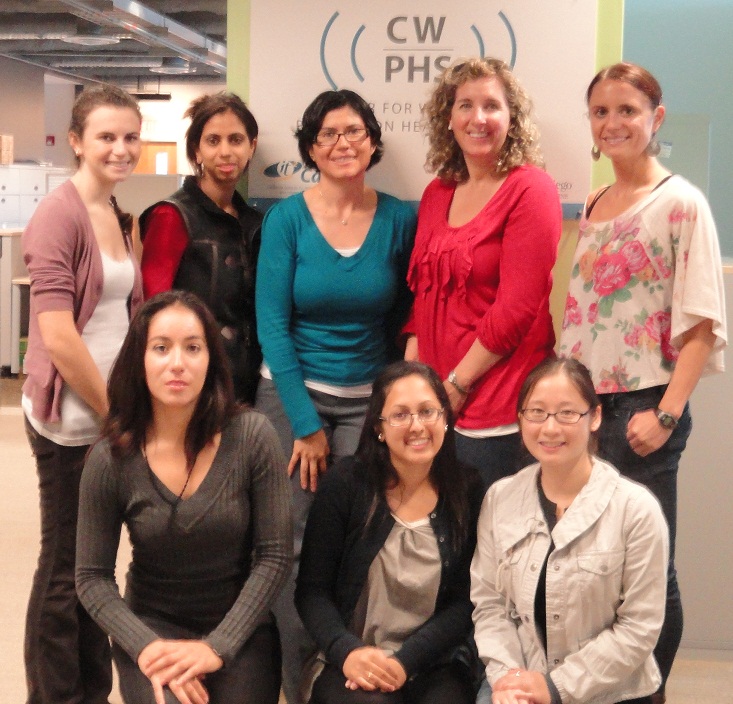Pick Up the Cell Phone, Drop the Pounds
By:
Published Date
Article Content

Cell phones aren’t just for talking any more. Surfing the web, storing music and posting to Facebook have all contributed to the near-mandatory use of a cell phone. How about using that cell phone to lose weight? Researchers with Calit2’s Center for Wireless and Population Health Systems (CWPHS) and the Department of Family and Preventive Medicine, at University of California, San Diego are expanding a previous study aimed at finding out if cell phone technology can help with weight loss.
For one year, researchers with the “ConTxt” study will evaluate the use of cell phone text messages to remind participants to make wise nutritional choices throughout the day. Participants randomized to the intervention conditions will also be given tailored messages for weight loss and lifestyle changes as well as a pedometer to monitor their daily activity.
“ConTxt is an innovative, yet straightforward approach to getting people to monitor their diet and physical activity,” says CWPHS project principal investigator Kevin Patrick, MD, MS, professor of Family and Preventive Medicine, UC San Diego School of Medicine. “We are trying to make this as pain free as possible. People won’t stick to something that’s too difficult and they’re all multi-tasking anyway. We’re doing this study to increase what we know about using the cell phone to get messages to busy people on the go.”
Who can participate?
ConTxt is recruiting more than 300 participants who meet these criteria:
- Men and women
- 21 to 60 years of age
- Overweight or moderately obese with Body Mass Index (BMI) of 27-39.9
- Own a cell phone capable of sending and receiving picture and text messages
- English and Spanish speaking participants that reside in San Diego county
Strategy

The team from CalIT2's Center for Wireless and Population Health Systems.
As a part of tailoring of the program, surveys completed during baseline visit will help assess the participant’s lifestyle, for example, assessing nearby grocery stores, finding opportunities for physical activity and possibly enlisting the support of friends or family.
The intervention is designed to send “prompts,” text or picture messages, with specific suggestions or tips regarding diet and improving lifestyle habits. “It seems like everybody has a cell phone. Those who do usually carry it with them at all times,” explained ConTxt study coordinator Lindsay W. Dillon, MPH, CHES. “We want to see if we can use that same technology to get people to think differently.”
To learn more about enrolling in the ConTxt study, call 858-534-8412 or email us at contxtcoach@ucsd.edu.
Share This:
You May Also Like
Stay in the Know
Keep up with all the latest from UC San Diego. Subscribe to the newsletter today.



